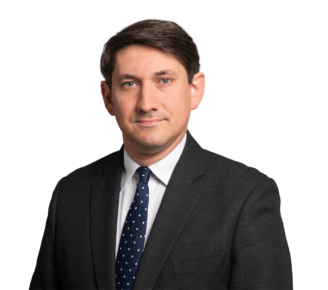The litigation of civil fraud claims is on the rise, with the Commercial Court consistently reporting this as an area of growth over the last three years. In this podcast, Tim Chelmick and Hannah Daly examine recent developments in the case-law concerning allegations of dishonesty against professionals, including insights into how dishonesty is defined, how it is proved, the causes of action it unlocks and the pros and cons of alleging fraud.
The podcast aims to bring listeners up to date on some of the core features of allegations of dishonesty in the professional liability context. We look at what dishonesty is, including how the principles have evolved since the landmark case of Ivey v Genting [2017] UKSC 67 and how the boundaries of ‘blind-eye knowledge’ have been tested. We then turn to the practicalities of proving dishonesty and look at the ways that allegations of fraud have been summarily determined in recent cases. We look at the causes of action which are unlocked by pleading dishonesty, and in particular the developments in the law of bribery and secret commissions and misrepresentation. Finally, we look at the pros and cons of alleging fraud.
Our aim is to give listeners an insight into the emerging trends and developments in this area. While this is by no means a comprehensive look at the law, we hope this is a useful guide to recent trends and serves to give an indication of where further change may come.
Notes
Click here to download Dishonest Professionals: Recent Developments handout.





